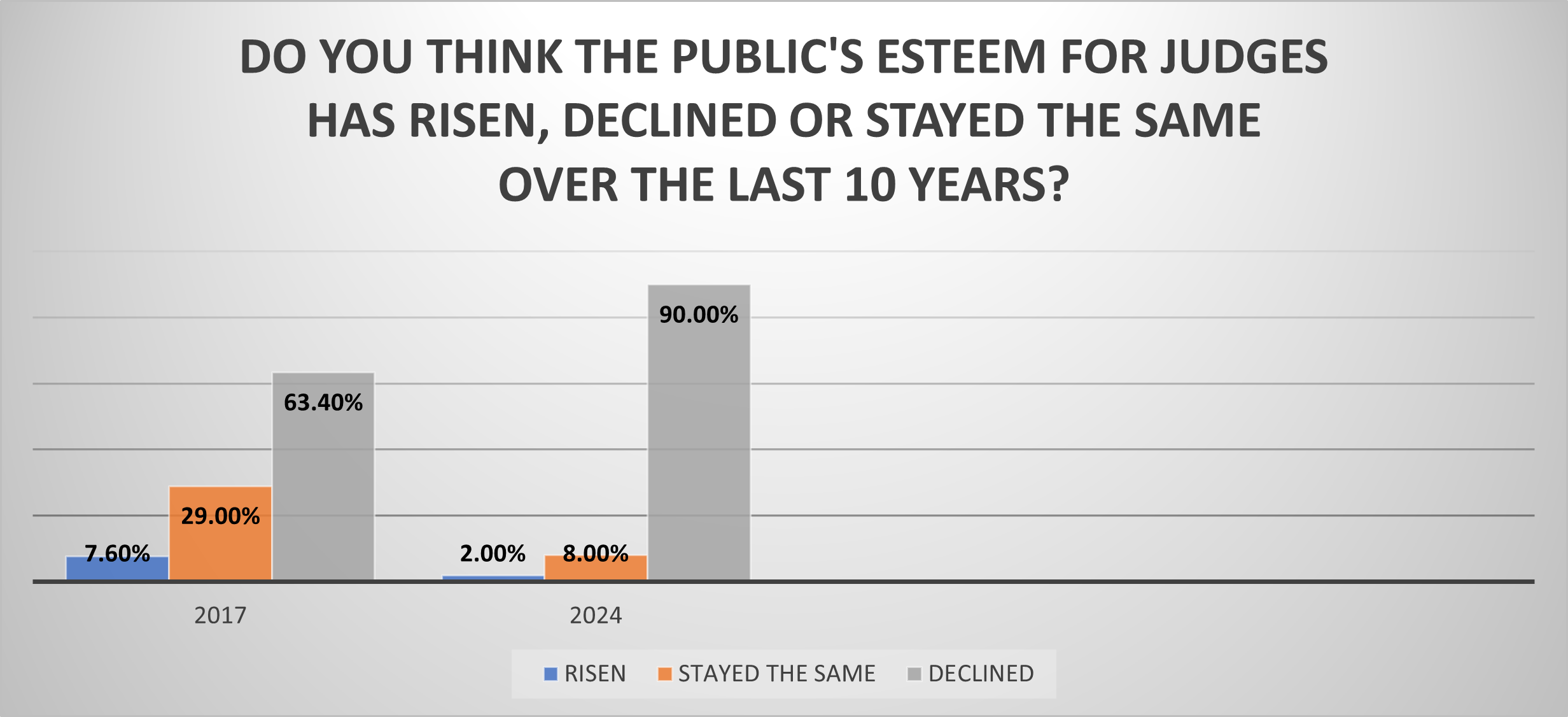
By Mackenzie Barrett
An airman was dishonorably discharged from the Air Force in 2014 after being convicted of beating his wife and cracking his toddler stepson’s skull.
Those offenses should have prevented him from legally purchasing firearms after he left the service. But because domestic violence wasn’t specifically designated as a chargeable offense under the Uniform Code of Military Justice, his name was never entered into the civilian system. The former airman, Devin Kelley, was able to purchase a military-style rifle and two handguns. And on November 5, 2017, he used them.
Wearing military style tactical gear and body armor, Kelley bound his wife to a bed, kissed their 5-month-old daughter goodbye, and told their 2-year-old son he’d be right back.
He then drove with his weapons to First Baptist Church in Sutherland Springs, Texas, and killed 25 people, more than half of them children. And then he killed himself.
The shooting drew national attention to the disconnection in reporting between court-martial convictions and laws designed to keep guns out of the hands of violent criminals. A new tool in the National Defense Authorization Act for Fiscal Year 2019 is designed to fix that.
In August 2018, President Trump signed the annual defense authorization act into law. And in that act was a provision to amend Article 128 in the Uniform Code for Military Justice. The change makes domestic violence an official crime under military law.
Prior to this, service members who committed acts of domestic violence, were prosecuted, and ultimately convicted did not have that domestic abuse offense listed on their record, as their crimes were entered as general assault. This limited how the offense could be tracked and recorded for follow-on law enforcement work, writes Mark Sullivan, a retired Army Reserve JAG colonel.
With the amendment, outside agencies and civilian law enforcement can know right away when a present or former service member must be treated differently due to the crime committed. The loophole in the Uniform Code that allowed a dangerous individual convicted of domestic violence to purchase a firearm is now closed.
The new Uniform Code of Military Justice article will help civilian law enforcement track these cases and monitor subsequent activities of the offender, such as applications for possession of a firearm or issuance of a concealed-carry permit. Commanders have other tools as well for dealing with domestic violence incidents. Sullivan provides these takeaways:
- Once a domestic abuse report is made, the military commander has two primary avenues from which to approach the situation – referral to the Family Advocacy Program or a military justice referral. Protection of the alleged victim, of course, is the first priority, and this may involve the issuance of a military protective order. Commanders should intervene to help victims as soon as they learn about the incident.
- If the incident turns out to involve a violation of the Uniform Code, the commander is obligated to investigate the issue for possible prosecution.
- Under Rule for Courts-Martial 306, a commander must resolve a charge of misconduct at the lowest level possible after considering all the facts and circumstances. This is done to achieve and maintain good order and discipline among the service members under their command.
- Commanders have a certain amount of discretion in resolving the incident.
- They can choose to take no action, take administrative action, impose non-judicial punishment, or initiate charges for a court-martial.
- Commanders can issue punishment through non-judicial means, and courts-martial can adjudicate punishment through the military judicial system. Judicial punishment is chosen mainly when the investigation shows there was a serious incident for which prosecution is appropriate, and this may include domestic violence offenses.
More articles relating to domestic violence and the Uniform Code can be found here.

After 22 years of teaching judges, Tennessee Senior Judge Don Ash will retire as a regular faculty member a...


This month’s one-question survey* of NJC alumni asked, “How is 2024 shaping up for you and your court?�...

RENO, NV (PNS) – As they eye their inaugural football season this fall, the Gaveliers have question marks...

RENO, Nev. (March 8, 2024) — In what may reflect a devastating blow to the morale of the judiciary, 9 out...